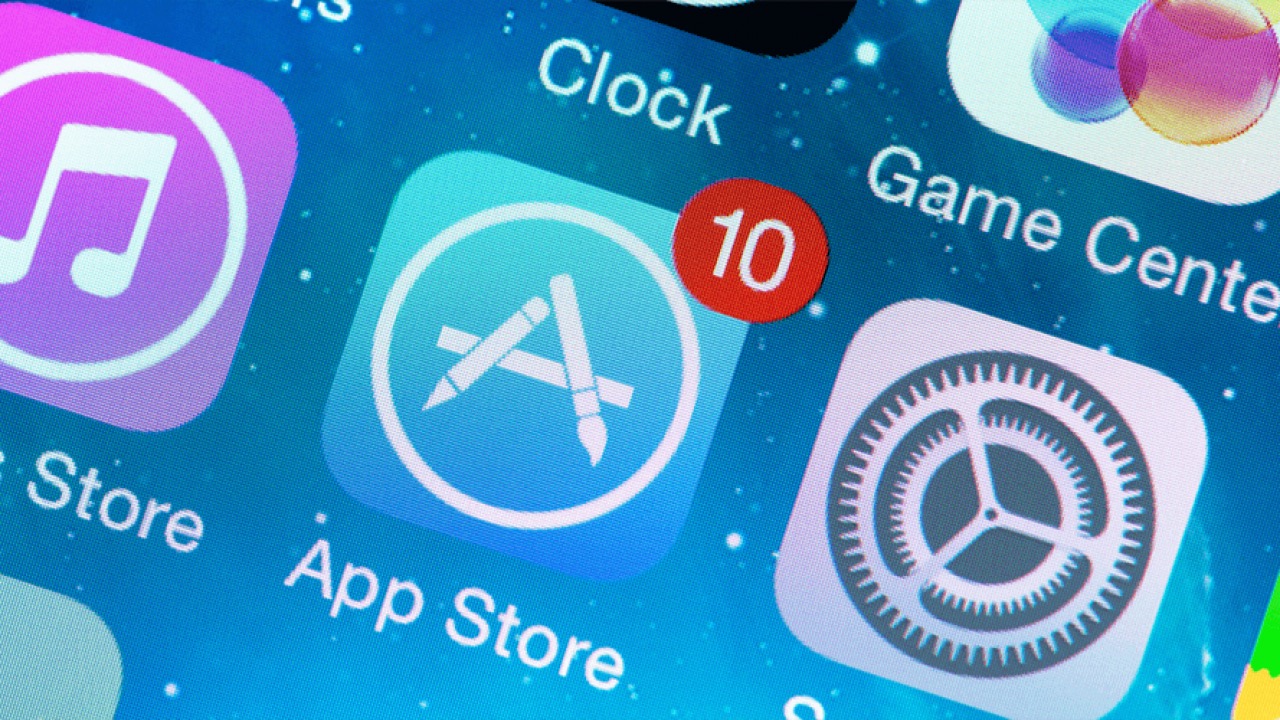Apple says the App Store generated nearly half a trillion dollars last year
Apple promotes the benefits of the App Store economy to developers

Sign up for breaking news, reviews, opinion, top tech deals, and more.
You are now subscribed
Your newsletter sign-up was successful
Apple says half a trillion dollars’ worth of commerce was generated globally by its App Store ecosystem in 2019, highlighting the platform’s role in the app economy and its value to businesses of all types and sizes across the world.
The App Store launched in 2008 as a marketplace for applications and games for the iPhone, and later, the iPad.
The marketplace has developed into a vast e-commerce and software platform which generated $519 billion (£410 bn) in 2019, according to a study conducted by Analysis Group.
- What is 5G? Everything you need to know
- Latest Apple results show hardware is still king
- Why is Apple selling fewer iPhones?
App Store revenues
The company claims that direct commission from Apple to developers only accounts for a fraction of this figure, with the majority of income derived from the sales of goods and services. The largest single category is the sale of physical goods ($413 billion), followed by digital goods and services ($61 billion).
Apple says it wanted to create a ‘snapshot’ of the App Store ecosystem at a time when lockdown is changing consumer behaviours and providing a boost to e-commerce.

“In a challenging and unsettled time, the App Store provides enduring opportunities for entrepreneurship, health and well-being, education, and job creation, helping people adapt quickly to a changing world,” said Tim Cook, Apple CEO. “We’re committed to doing even more to support and nurture the global App Store community — from one-developer shops in nearly every country to businesses that employ thousands of workers — as it continues to foster innovation, create jobs, and propel economic growth for the future.”
Apple will also hope it will encourage developers and businesses to prioritise its platform over others. The App Store launched in 2008 as a way of distributing applications and games to iPhone, and later iPad, users.
Sign up to the TechRadar Pro newsletter to get all the top news, opinion, features and guidance your business needs to succeed!
Traditionally, the App Store has generated more revenues than rival Google Play despite the significantly greater market share of Android.
The less fragmented nature of the iOS ecosystem, the closed-shop nature of the App Store, and integrated billing and payment options have all contributed, as has the fact that iPhone users tend to spend more than their Android counterparts who also have a greater selection of marketplaces to choose from.
Apple itself benefits from this too, earning commission on some transactions – such as app purchases and subscriptions.
- Here are the best iPhone deals in January 2020
Steve McCaskill is TechRadar Pro's resident mobile industry expert, covering all aspects of the UK and global news, from operators to service providers and everything in between. He is a former editor of Silicon UK and journalist with over a decade's experience in the technology industry, writing about technology, in particular, telecoms, mobile and sports tech, sports, video games and media.